This is the man on the torture box, behind the hood and electric wires
When American soldiers spreading democracy in iraq : This is Ali - a hooded prisoner standing on a box with wires attached to his hands and if he falls off the box he will be electrocuted mber of conspiracy and maltreatment of Iraqi prisoners, poses in front of a line of naked men, cigarette in her mouth.
"That's Jalil, Khalil and Abu Khattab," he said. "They're all brothers, and from my neighborhood." Then there is the picture of Qaissi himself, standing atop a cardboard box, taken 15 days into his detention. He said he had only recently been given a blanket after remaining naked for days, and had fashioned the blanket into a kind of poncho.
The guards took him to a heavy box filled with military meal packs, he said, and hooded him. He was told to stand atop the box as electric wires were attached to either hand. Then, he claims, they shocked him five times, enough for him to bite his tongue.
Specialist Sabrina Harman was convicted last May for her role in abusing prisoners at Abu Ghraib, but she was accused of threatening to electrocute a hooded inmate on a box if he stepped off it, not of shocking him while he was atop it. After almost six months in Abu Ghraib, Qaissi said he was put on a truck, still hooded.
As the truck sped out of prison, another man removed the hood and announced they had been freed. With a thick shock of gray hair and melancholy eyes, Qaissi is today a self-styled activist for prisoners' rights in Iraq. Shortly after being released from Abu Ghraib in 2004, he started the Association of Victims of American Occupation Prisons with several other men immortalized in the Abu Ghraib pictures.
Financed partly by Arab NGOs and private donations, the group's aim is to publicise the cases of prisoners still in custody, and to support prisoners and their families with donations of clothing and food. Qaissi has traveled the Arab world with his computer slideshows and presentations, delivering a message that prisoner abuse by Americans and their Iraqi allies continues.
He says that as the public face of his movement, he risks retribution from Shiite militias that have entered the Iraqi police forces and have been implicated in prisoner abuse. But that has not stopped him. Qaissi said he harbored no animosity toward America or Americans.
"I forgive the people who did these things to us," he said. "But I want their help in preventing these sorts of atrocities from continuing." (Kirk Semple contributed reporting from Baghdad)
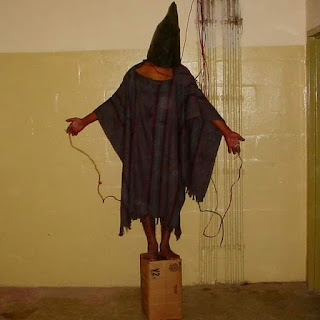

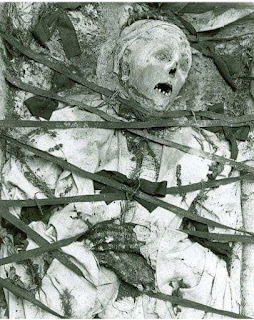
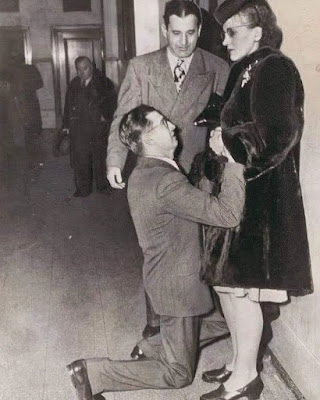
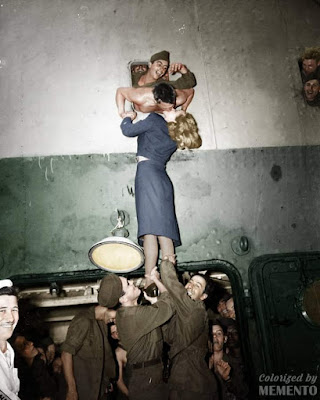
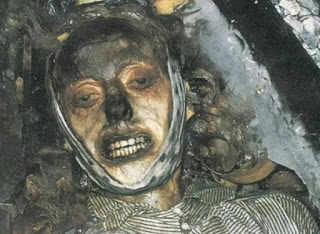

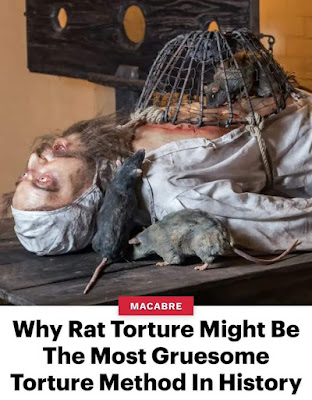
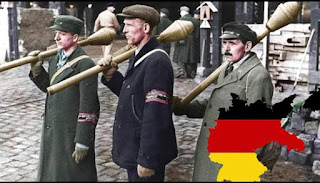
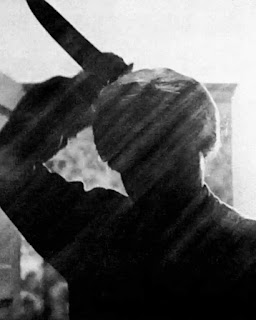
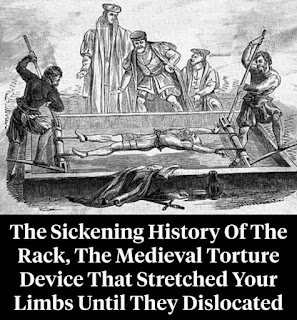
Comments
Post a Comment